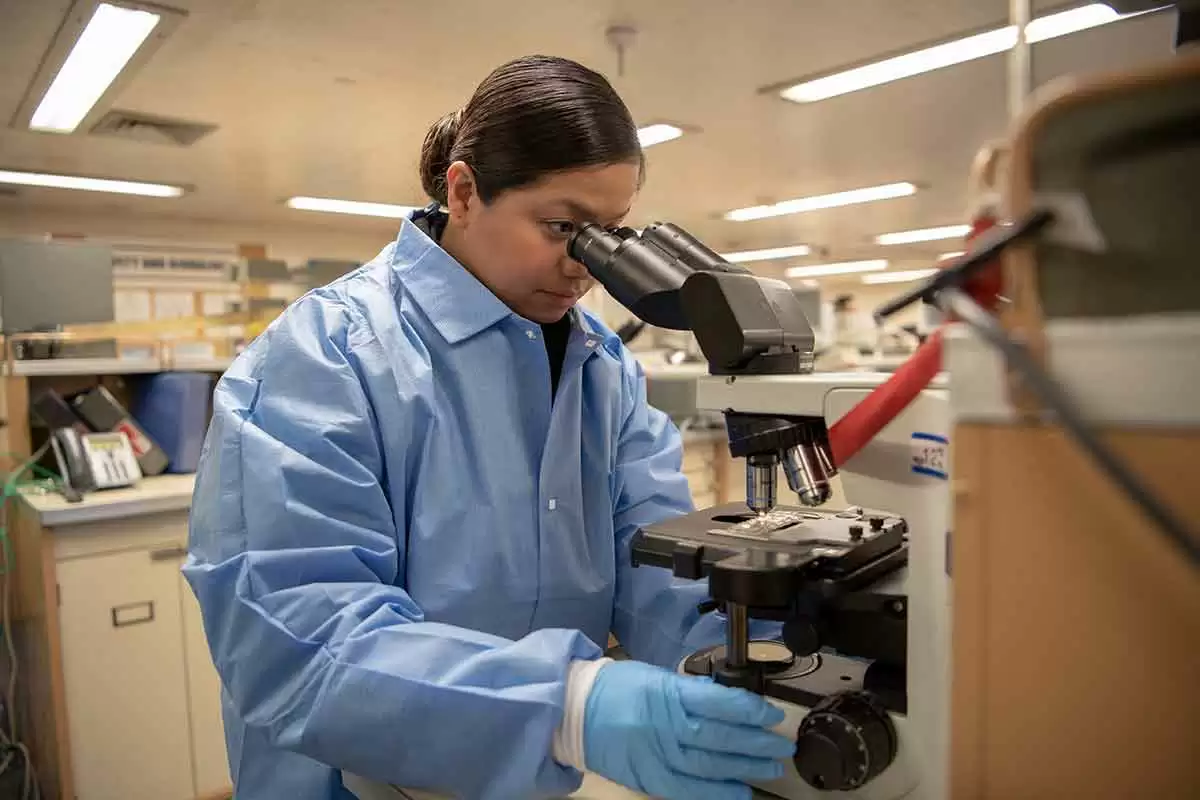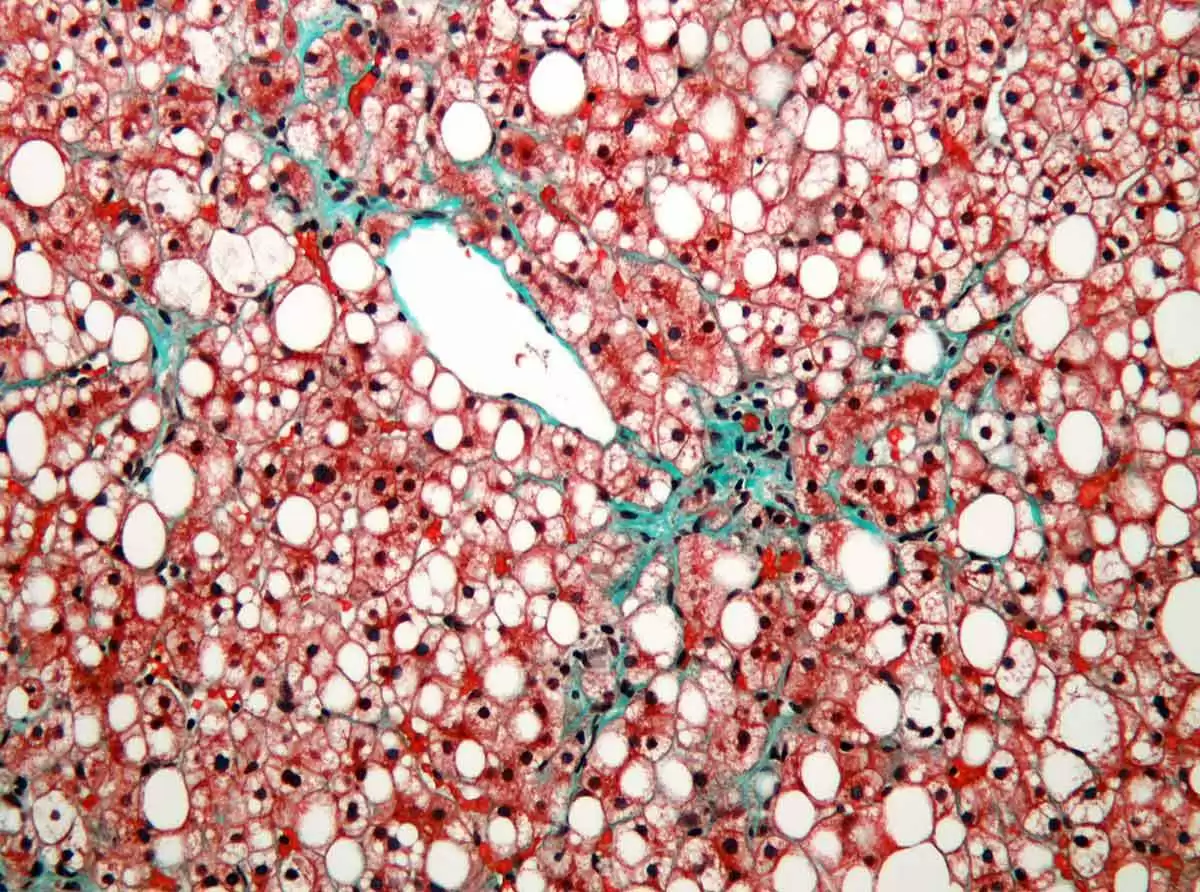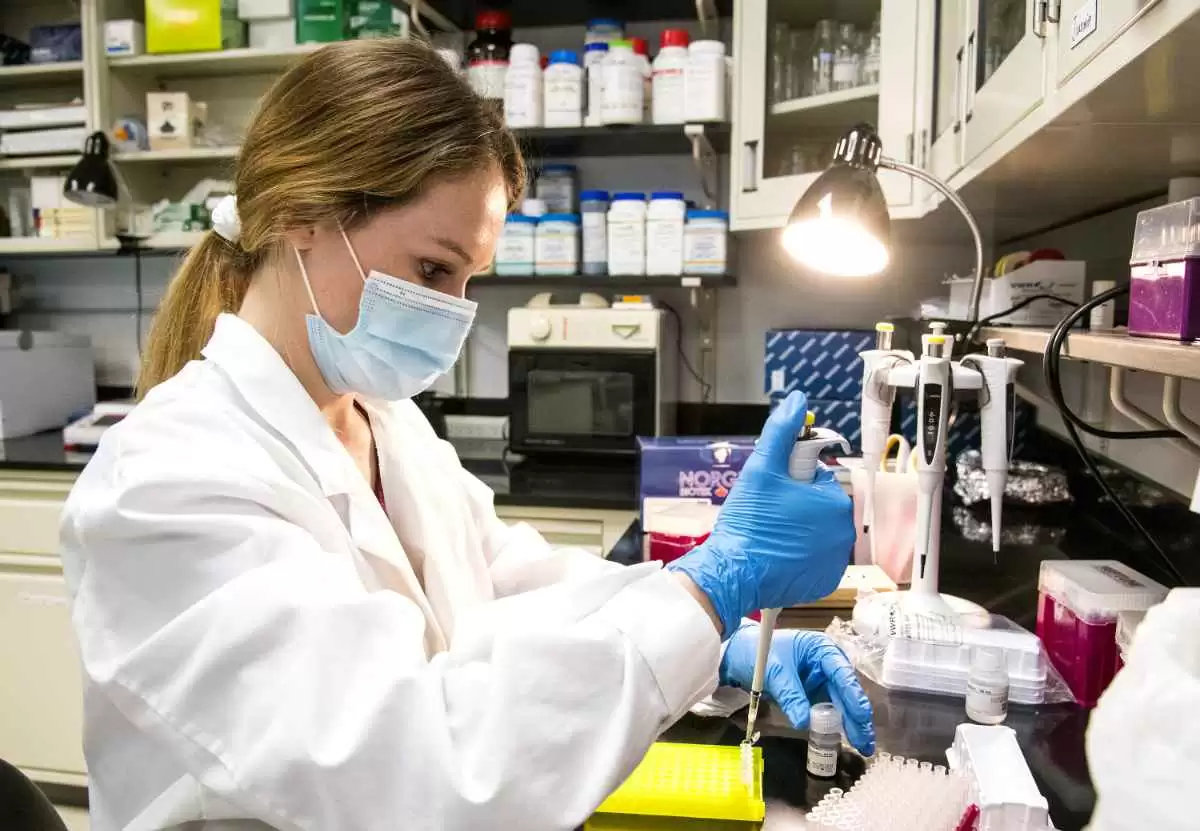Celiac.com 11/22/2023 - A recent study focused on investigating intestinal gluconeogenesis in children with untreated celiac disease. Gluconeogenesis is a process in the small intestine that converts glutamine into glucose, and it plays a crucial role in metabolic control.
Animal studies have suggested that impaired intestinal gluconeogenesis may have long-term effects on metabolic health and be associated with the development of type 2 diabetes and non-alcoholic fatty liver disease (NAFLD).
The Research Team
Celiac.com Sponsor (A12):
The research team included Olof Karlson, Henrik Arnell, Audur H. Gudjonsdottir, Daniel Agardh & Åsa Torinsson Naluai. They are variously affiliate with the Department of Laboratory Medicine, Institute of Biomedicine, Sahlgrenska Academy at the University of Gothenburg, Gothenburg, Sweden; the Department of Paediatric Gastroenterology, Hepatology and Nutrition, Queen Silvia Children’s Hospital, Sahlgrenska University Hospital, Gothenburg, Sweden; the Department of Clinical Sciences, Unit of Celiac Disease and Diabetes, Lund University, Malmö, Sweden; and the Department of Laboratory Medicine, Institute of Biomedicine, Sahlgrenska Academy at the University of Gothenburg, Gothenburg, Sweden.
Quantitative Polymerase Chain Reaction to Measure the Expression of 11 Target Genes
The researchers aimed to examined intestinal gluconeogenesis at the gene expression level in children with untreated celiac disease. They used quantitative polymerase chain reaction (qPCR) to measure the expression of 11 target genes related to intestinal gluconeogenesis in duodenal biopsies collected from 84 children with untreated celiac disease and 58 disease controls. The expression levels were compared to assess any differences.
Impaired Intestinal Gluconeogenesis Process Discovered in Children with Untreated Celiac Disease
The findings revealed that children with untreated celiac disease exhibited significantly lower expression of nine target genes involved in intestinal gluconeogenesis compared to the control group. These genes included FBP1, G6PC, GLS, GPT1, PCK1, PPARGC1A, SLC2A2, SLC5A1, and SLC6A19. However, there was no significant difference in the expression of G6PC3 or GOT1.
The decreased expression of these important genes suggests an impaired intestinal gluconeogenesis process in children with untreated celiac disease. It remains unclear whether this decrease is a consequence of intestinal inflammation, or a shared metabolic pathway associated with other chronic metabolic diseases. However, this impaired intestinal gluconeogenesis may contribute to the increased risk of non-alcoholic fatty liver disease observed in celiac disease patients.
Further research is needed to fully understand the mechanisms underlying these findings and to explore potential interventions or treatments that could alleviate the metabolic consequences of impaired intestinal gluconeogenesis in individuals with celiac disease.
Read more in BMC Medicine volume 20, Article number: 440 (2022)









Recommended Comments
There are no comments to display.
Create an account or sign in to comment
You need to be a member in order to leave a comment
Create an account
Sign up for a new account in our community. It's easy!
Register a new accountSign in
Already have an account? Sign in here.
Sign In Now